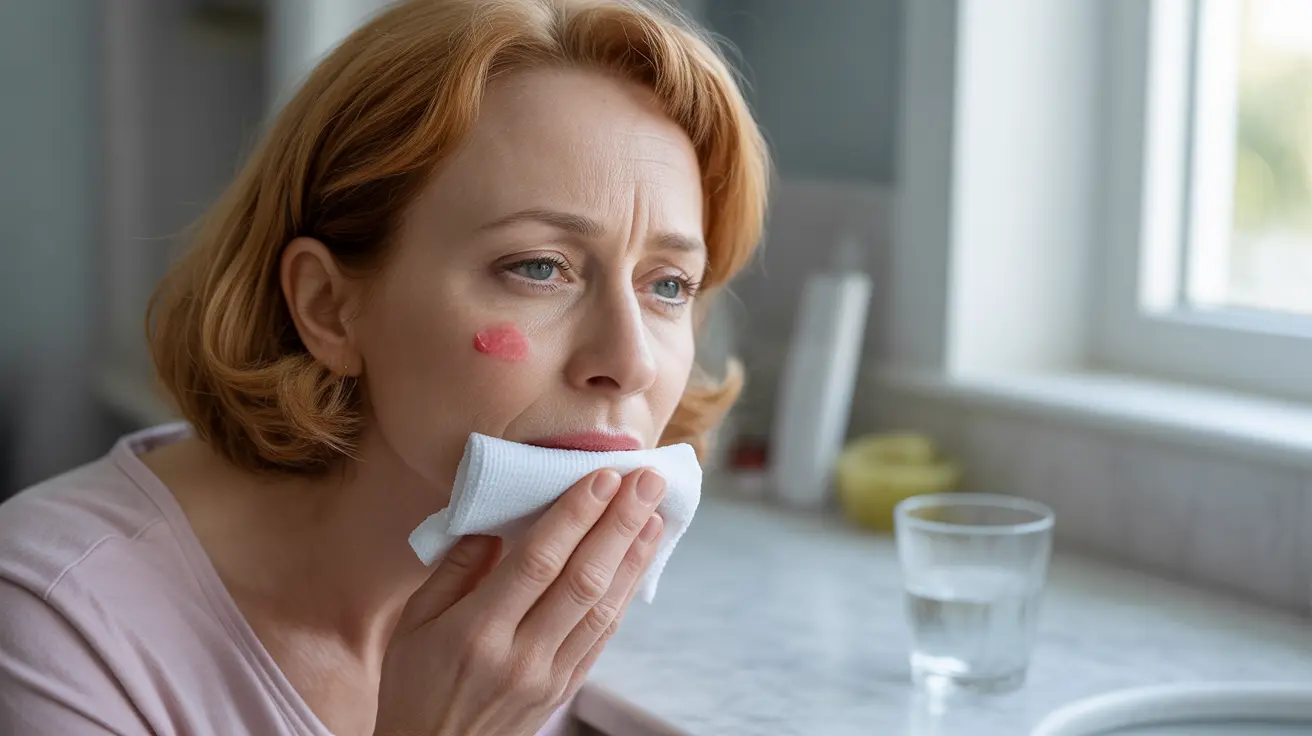Living with herpes can be challenging, especially during an outbreak when sores appear. Whether you're dealing with HSV-1 (oral herpes) or HSV-2 (genital herpes), finding effective ways to speed up healing is crucial for both physical comfort and emotional well-being. This guide explores proven methods to accelerate the healing process and manage symptoms effectively.
Understanding how to heal herpes sores faster involves a multi-faceted approach combining medical treatments, proper nutrition, and lifestyle modifications. By implementing these strategies, you can potentially reduce healing time and minimize discomfort during outbreaks.
Medical Treatments for Faster Healing
Antiviral medications are the cornerstone of effective herpes treatment. These prescription medications work by preventing the virus from replicating, which can significantly reduce both the duration and severity of outbreaks. Common antivirals include:
- Acyclovir
- Valacyclovir
- Famciclovir
For best results, start taking these medications as soon as you notice the first signs of an outbreak, such as tingling or burning sensations. Early intervention can dramatically speed up healing time.
Nutritional Support for Healing
A well-balanced diet rich in specific nutrients can support your body's natural healing processes and help fight viral infections. Key nutrients include:
- Lysine-rich foods (fish, chicken, eggs)
- Vitamin C (citrus fruits, berries)
- Zinc (pumpkin seeds, lean meats)
- Vitamin D (fatty fish, fortified foods)
- Vitamin B complex (whole grains, legumes)
These nutrients help strengthen your immune system and may reduce the frequency and severity of outbreaks while promoting faster healing.
Effective Home Remedies and Self-Care
Several home remedies can provide relief and support faster healing:
- Apply cool compresses to soothe irritation
- Keep the affected area clean and dry
- Wear loose-fitting clothing to prevent friction
- Use over-the-counter pain relievers for discomfort
- Apply aloe vera gel for its natural healing properties
Avoid touching or scratching sores, as this can lead to secondary infections and delayed healing.
Supporting Your Immune System
A strong immune system is crucial for fighting the herpes virus and promoting faster healing. Key strategies include:
- Getting adequate sleep (7-9 hours nightly)
- Managing stress through meditation or yoga
- Regular moderate exercise
- Avoiding alcohol and smoking
- Staying hydrated
These lifestyle modifications can significantly impact how quickly your body heals during outbreaks.
Frequently Asked Questions
What are the most effective ways to heal herpes sores faster?
The most effective approach combines antiviral medications with proper self-care. Start antiviral treatment at the first sign of symptoms, keep the affected area clean and dry, and support your immune system through proper nutrition and rest.
Which foods and vitamins can help speed up the healing of herpes outbreaks?
Foods rich in lysine, vitamin C, zinc, and vitamin B complex can help speed healing. Focus on consuming lean proteins, citrus fruits, whole grains, and plenty of vegetables. Supplements may also be beneficial when discussed with your healthcare provider.
How do antiviral medications work to reduce the duration and severity of herpes sores?
Antiviral medications work by inhibiting viral DNA replication, preventing the virus from multiplying. This action helps reduce the duration of outbreaks and can decrease the severity of symptoms when started early in the outbreak cycle.
What home remedies or lifestyle changes can I use to manage pain and promote healing of herpes sores?
Effective home remedies include applying cool compresses, keeping the area clean and dry, wearing loose clothing, and using over-the-counter pain relievers. Stress management and adequate rest are also crucial for healing.
How does a weakened immune system affect the healing time of herpes sores and what can I do to support my immunity?
A weakened immune system can lead to more frequent outbreaks and longer healing times. Support your immunity through regular exercise, adequate sleep, stress management, proper nutrition, and avoiding harmful habits like smoking and excessive alcohol consumption.




